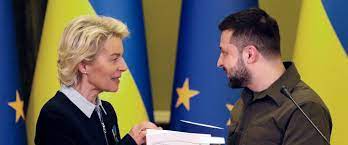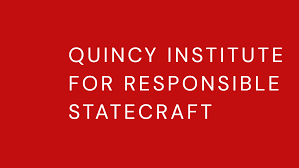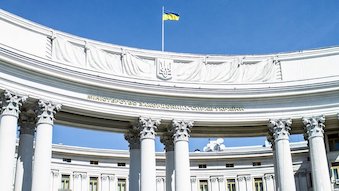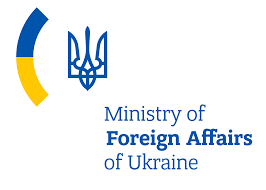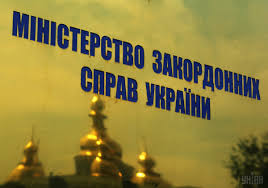Sadly, Trump is right on Ukraine
I rarely agree with President Trump, but his latest controversial statements about Ukraine are mostly true. They seem preposterous only because western audiences have been fed a steady diet of disinformation about Ukraine for more than a decade. It is time to set the record straight on three key points that illuminate why Ukrainians and former President Joe Biden — not merely Russian President Vladimir Putin — bear significant responsibility for the outbreak and perpetuation of war in Ukraine.









